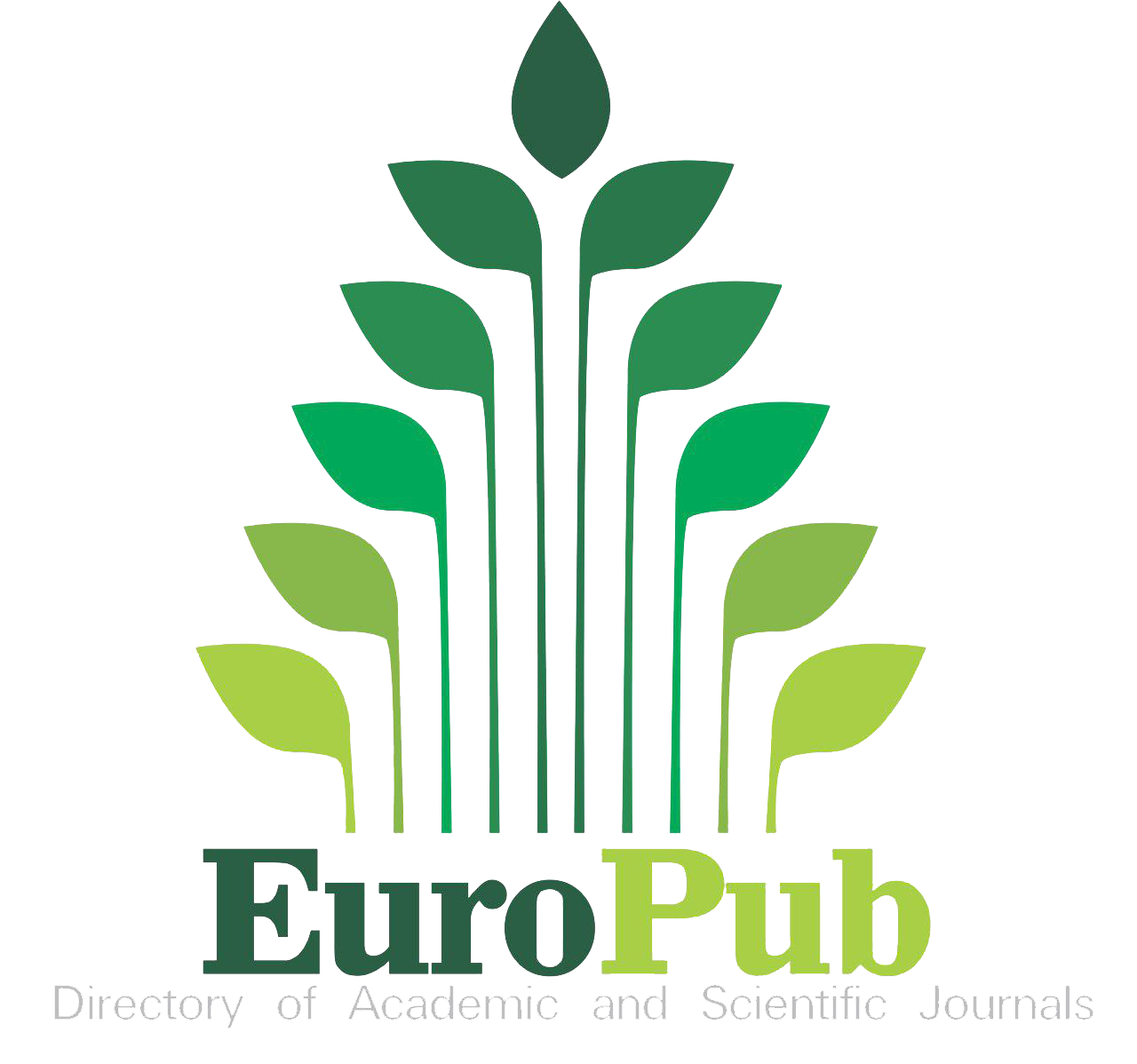Legal regulation of surrogacy in Ecuador: proposals and normative challenges.
Abstract
The research proposes legal guidelines to regulate surrogacy in Ecuador, addressed to the National Assembly. Using a qualitative approach, non-standardized data were collected to understand the ethical, social and legal aspects involved. Theoretical (Historical-logical, Analytical-synthetic, Inductive-deductive and Exegetical) and empirical (interviews and documentary analysis) methods were combined to analyze reproductive rights in the Constitution of Ecuador. The study revealed a significant legal vacuum in the regulation of surrogacy, generating uncertainty and possible abuses. It was concluded that, due to the impact of infertility as a public health problem, legislation is urgently needed to establish a fair, ethical and transparent framework, protecting the rights of parents, surrogate mothers and the unborn child.


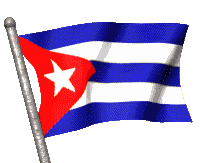









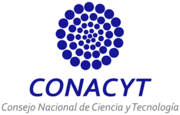
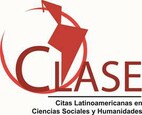



















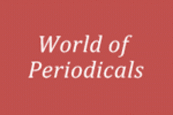
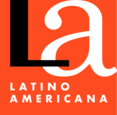

1.png)







1.png)





